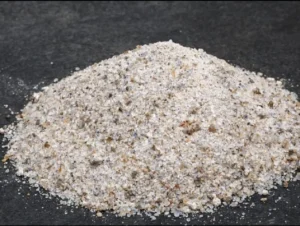In airstrikes and missile attacks on Iran by Israel in the early hours of last Friday local time, Israel’s primary gas fields suspended operations. Greek independent energy producer Energean suspended production at the Karish offshore gas field in Israel, acting on instructions from the Israeli government. Output at Israel’s two other offshore gas fields—Leviathan and Tamar—may also face likely disruptions.
Due to the decline in natural gas flows from Israel, all urea plants in Egypt halted production last Friday, with suppliers withdrawing urea offers.
Greek independent energy producer Energean suspended production at Israel’s offshore Karish gas field under directives from the Israeli government. Output disruptions are also anticipated at Israel’s two other offshore fields—Leviathan and Tamar. Market sources confirm Leviathan has ceased operations. Leviathan’s production capacity stands at 1.2 billion cubic feet per day (bcf/d) (12.36 billion cubic meters per annum), while Tamar operates at 1.1 bcf/d. Both fields supply natural gas to Egypt.
Although Egypt has secured agreements with energy firms and trading companies for at least 140 LNG cargoes scheduled for delivery through the remainder of this year and into next, near-term urea production prospects remain clouded by limited import alternatives and escalating geopolitical instability in the Middle East. Data from the Joint Organisations Data Initiative (JODI) indicates Israeli gas accounts for 40%-60% of Egypt’s total imports.
Industry records show at least five Egyptian urea plants with combined annual capacity of 3.29 million metric tons (MMT) were idled as of May 17. Since June 9, the country’s urea operating rates have been estimated at 70%-80% of capacity. Egypt—ranked as the world’s fourth-largest urea exporter—possessed total urea production capacity of 7.3 MMT per annum in 2023.”








2 Responses
222
Hope for world peace and make the fertilizer business easier!